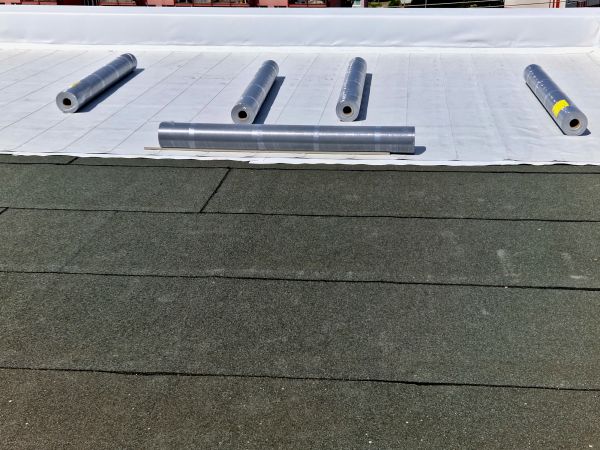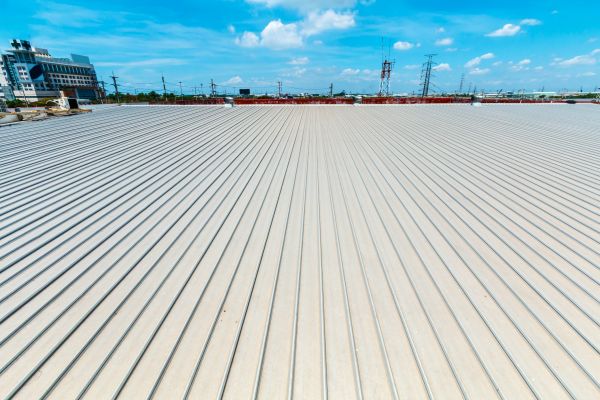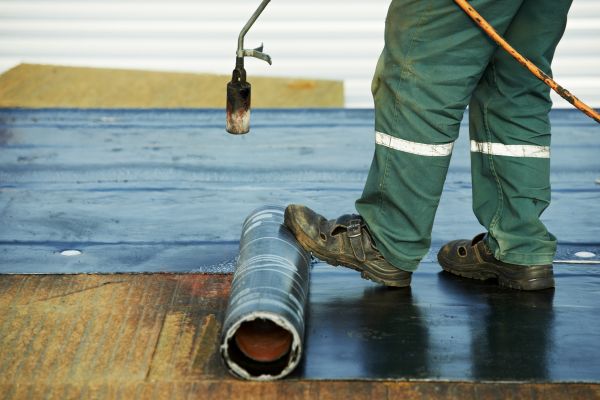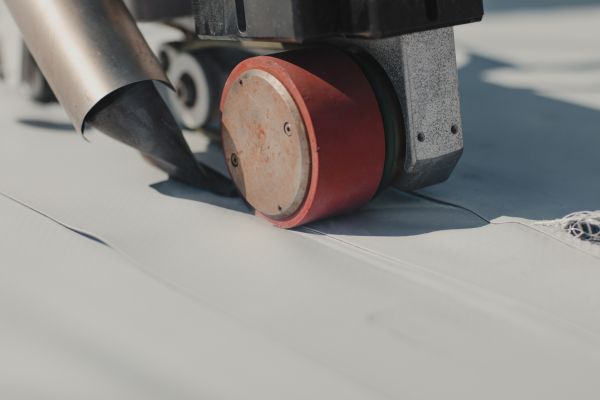TPO Membrane Installation
Welcome to Woodbridge Roofing
Serving Woodbridge, NJ
Thermoplastic Olefin (TPO) membrane installation is a crucial process in commercial roofing that involves laying down a single-ply roofing membrane made from a blend of polypropylene and ethylene-propylene rubber. This type of roofing is known for its durability, flexibility, and resistance to various environmental factors, making it an ideal choice for flat or low-slope roofs. The installation of TPO membranes involves careful preparation, including cleaning the roof surface, applying adhesive, and ensuring proper alignment and sealing of the membrane sheets. This meticulous process is vital to prevent leaks, enhance energy efficiency, and extend the lifespan of the roof. Proper installation ensures that the membrane performs optimally, providing a reliable barrier against weather elements and reducing maintenance costs over time.
Benefits of TPO Membrane Installation
-
Enhanced Durability
TPO membranes are designed to withstand harsh weather conditions, including UV radiation, high winds, and temperature fluctuations. This durability reduces the risk of damage and prolongs the life of the roof, offering long-term protection for your building. -
Cost-Effective Solution
TPO membrane installation is a cost-effective roofing option due to its relatively low material and installation costs compared to other roofing systems. Additionally, its reflective properties can help reduce energy costs by maintaining a cooler building interior. -
Ease of Maintenance
Once installed, TPO membranes require minimal maintenance, contributing to lower overall upkeep expenses. The smooth surface of the membrane makes it easy to clean and reduces the accumulation of dirt and debris, ensuring your roof remains in optimal condition with minimal effort.
Contact us today to fill out the contact form and request TPO Membrane Installation service in Woodbridge!






